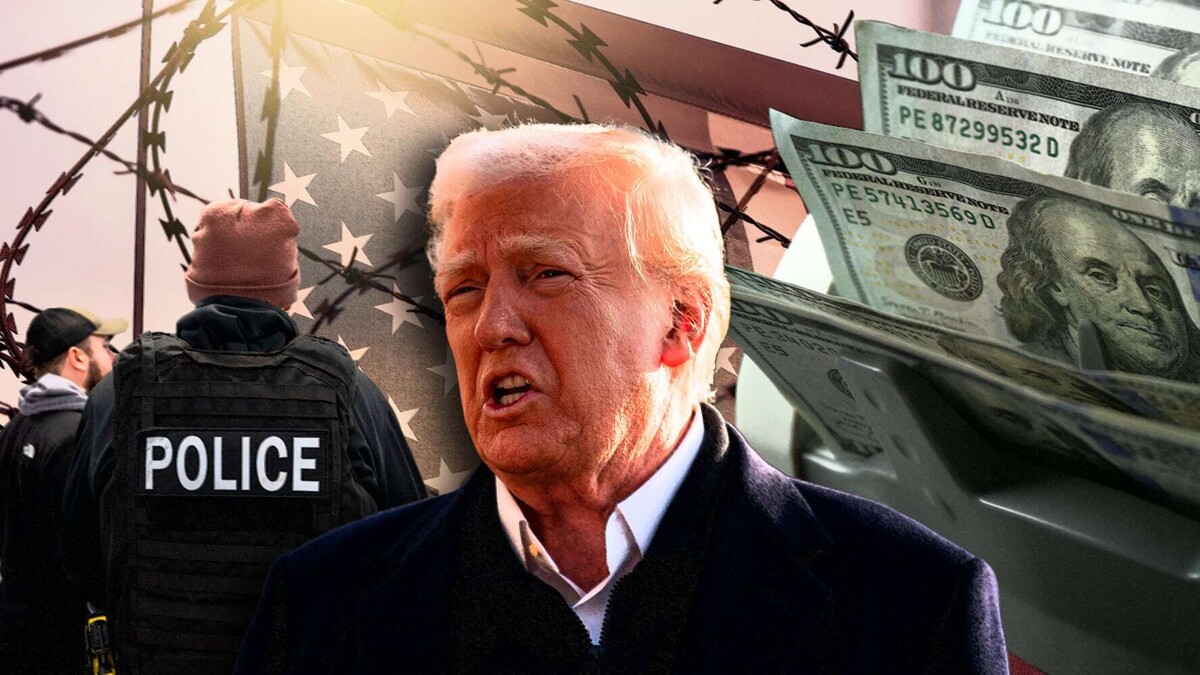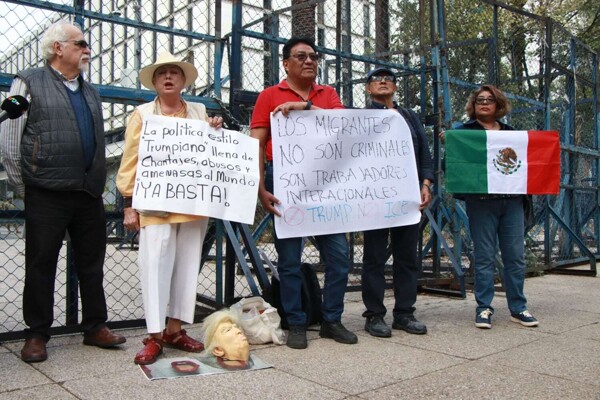
The arrival of Donald Trump to the presidency of the United States marked the beginning of a bilateral relationship with Mexico characterized by tensions, but also opportunities. Bilateral relations between both countries have often been a source of conflict over the years. A notorious example was the crisis triggered in 1985 after the murder of Kiki Camarena, a DEA agent, which led to the closing of the border and strained the relationship to its maximum.
It is essential to keep communication channels open and conduct negotiations in a professional, results-focused manner. Strengthening alliances with companies and other U.S. actors with shared interests could influence the decisions of the U.S. government. The Trump era presents challenges and opportunities, something common in circumstances like the current ones.
The immigration policies implemented by Trump at the beginning of his term posed an immediate threat to millions of undocumented Mexicans in the U.S., generating pressure on the immigration system and straining the bilateral relationship. However, they also open the door for negotiations, particularly regarding border security.
The labeling of Mexican criminal organizations as terrorists, proposed to combat drug trafficking, presents significant implications. Although it poses logistical and social challenges for the Mexican government, it could also reshape bilateral cooperation on security against the root causes of violence.
The trade issue, a sword of Damocles in the relationship, remains latent, with the constant threat of imposing tariffs as a pressure measure. Mexico, in a vulnerable position, demonstrated with the renegotiation of the USMCA the possibility of beneficial agreements despite tensions. The economy and the migration landscape offer opportunities for joint projects and humanitarian approaches, although Trump's ideological vision may hinder sustainable solutions.
In the face of these challenges, it is crucial for Mexico to navigate this complex relationship with a clear strategy that combines firmness and pragmatism, defending its national interests without antagonizing the United States. Diplomacy plays a fundamental role in building a balanced and mutually beneficial relationship between both countries.














